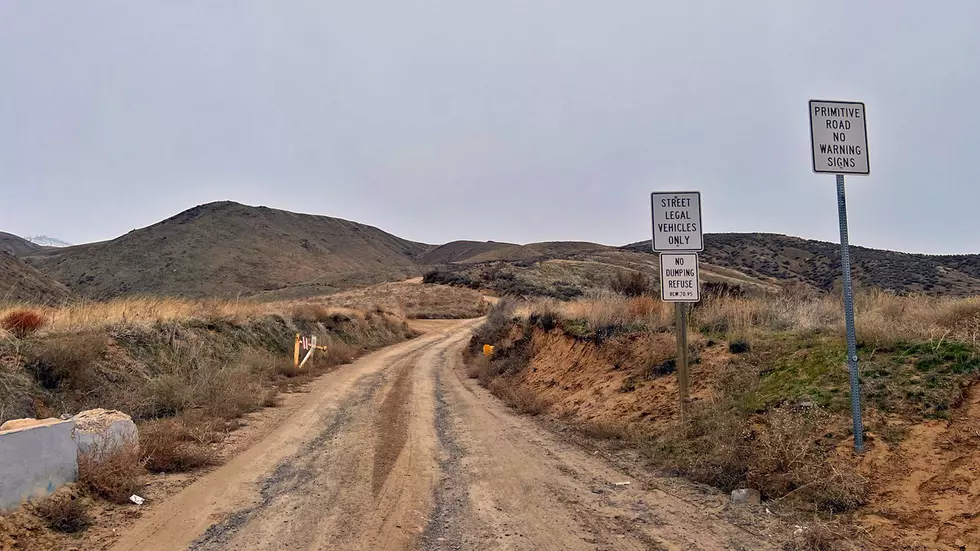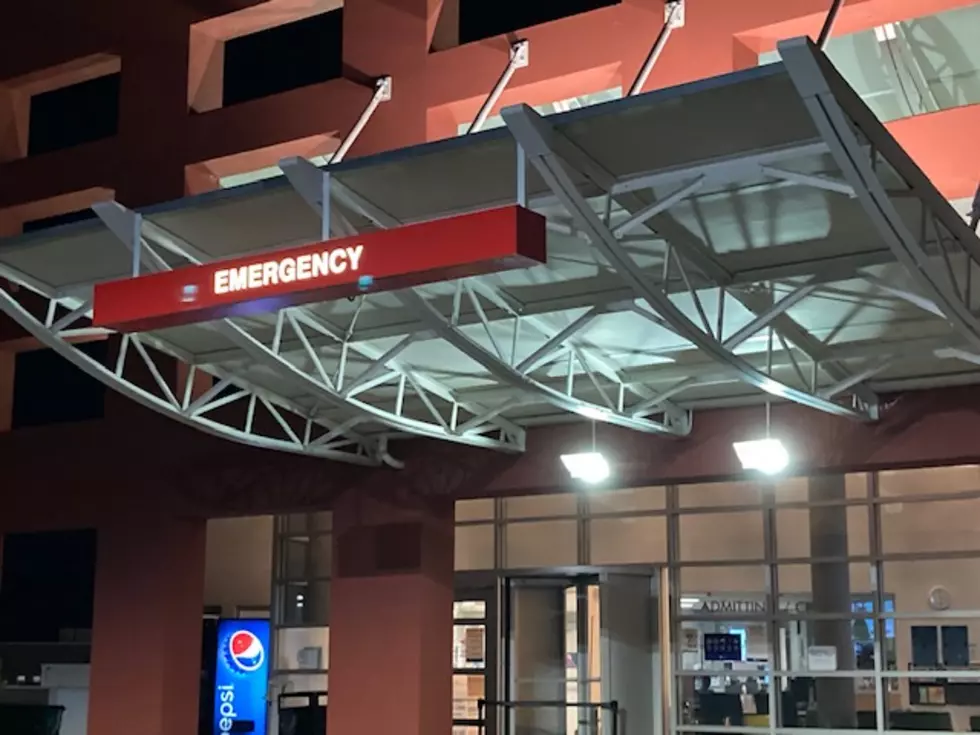
State Senate Democrats Propose $63.4 Billion Supplemental Budget
Washington Senate Democrats are proposing a $63.4 Billion supplemental budget, which adds about $5.8 billion in new spending to the two-year budget passed by lawmakers last April.
The biggest chunk is a $2 Billion transfer to the Move Ahead Washington transportation package, followed by $1.5 Billion in funding for emergency response.
Sen. Christine Rolfes, (D-Bainbridge Island), chair of the Senate Ways & Means Committee, introduced the package Monday morning, saying its large size is needed to help the state recover from the pandemic.
"So things like child care," said Rolfes. "Things like helping people move out of hospitals and back into their homes. Things like stabilizing the schools and making sure kids are getting the support they need."
"This is not the time to not invest in Washington. This is exactly the time that we should be investing in Washington, so we can move out of this pandemic situation with confidence and stability and optimism."
A committee hearing Monday at 4 pm will feature public comments on the plan.
Sen. June Robinson, (D-Everett), Vice Chair, Operating & Revenue of the Senate Ways & Means Committee, says the supplemental budget is large, but also very focused.
"We did take a supplemental budget approach and make targeted investments, where we knew they could be spread out into the community and really taken up and really make a difference in peoples' lives."
The supplemental budget also includes large sums of money to modernize the state government computer system, improve school classroom durability against earthquakes and finance paid family medical leave.
Highlights of the 2022 Supplemental Budget Proposal
- $345 million to stabilize school districts that experienced enrollment declines
- $232 million for wage increases and other compensation changes for state employees
- $209 million for various salmon recovery projects across the state, including the Duckabush estuary restoration project
- $208 million to increase rates for vendors providing services to individuals with a developmental disability or with long-term care needs
- $199 million in total funds to extend the Medicaid transformation project for five years
- $172 million to address the physical and social emotional needs of students
- $125 million for reinvestment grants to communities disproportionately impacted by criminal laws and penalties for illegal drug sales, possession, and use
- $100 million to address workforce shortages and other challenges in behavioral health
- $95 million to increase rates for Working Connections Child Care, Behavioral Rehabilitation Services, Child Visitation, and Combined In-Home Services
- $93 million for costs associated with resentencing, as required under State v. Blake
- $75 million for the Farmers-to-Families Food Box Program
- $58 million for clients living in a shared living situation under the Liang settlement
- $41 million to transition encamped individuals from rights-of-way to permanent housing
- $38 million for expansions within the Aged, Blind, or Disabled program
- $29 million in total funds for projects within the Information Technology pool
- $29 million for nursing education and support within higher education
- $18 million for cybersecurity training programs within higher education
- $18 million for a benefit increase for eligible retirees of TRS1 and PERS1
- $17 million for investments in the Early Childhood Education & Assistance Program
Other budget items of note include:
- $2 billion to support the transportation budget (Multimodal Account)
- $1.5 billion for emergency response (Washington Rescue Plan Transition Account)
- $500 million for IT projects (Strategic Enterprise Reserve Planning Technology Account)
- $400 million for seismic upgrades (School Seismic Safety Grant Account)
- $350 million for paid family leave (Paid Family Medical Leave Insurance Account)
- $217 million for legal expenses (Self-Insurance Liability Account)
More From NewsRadio 560 KPQ









